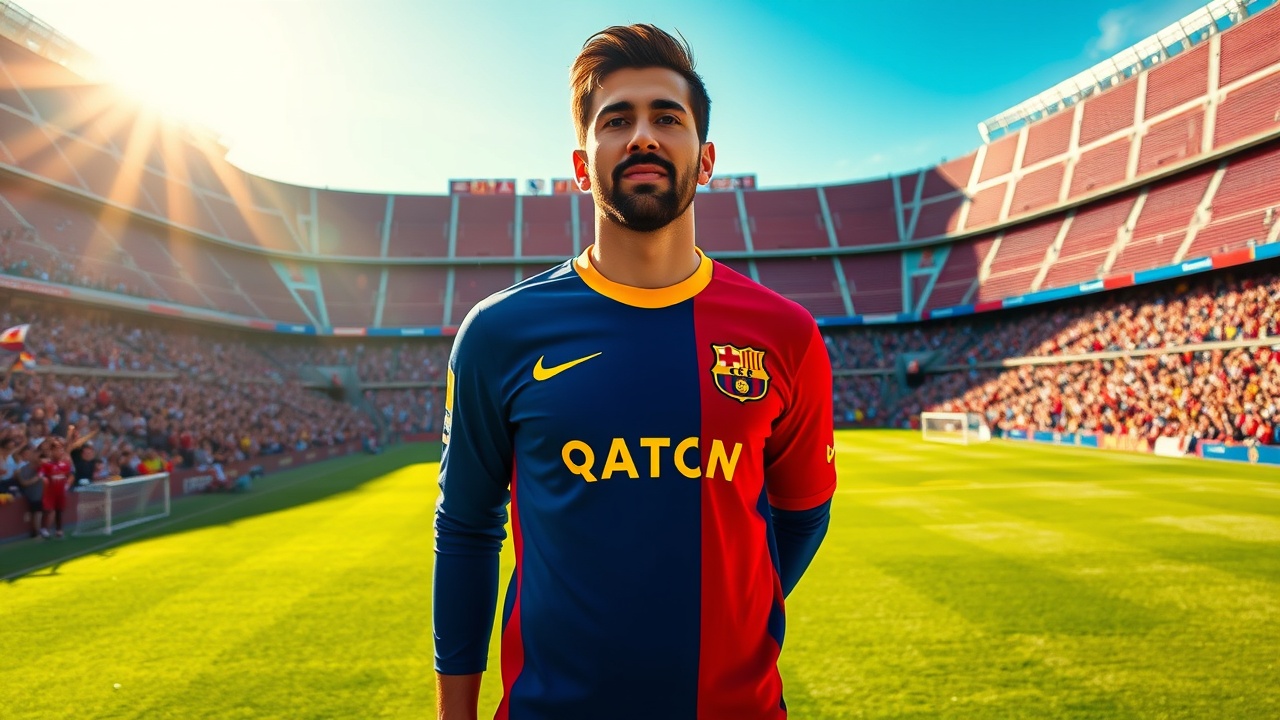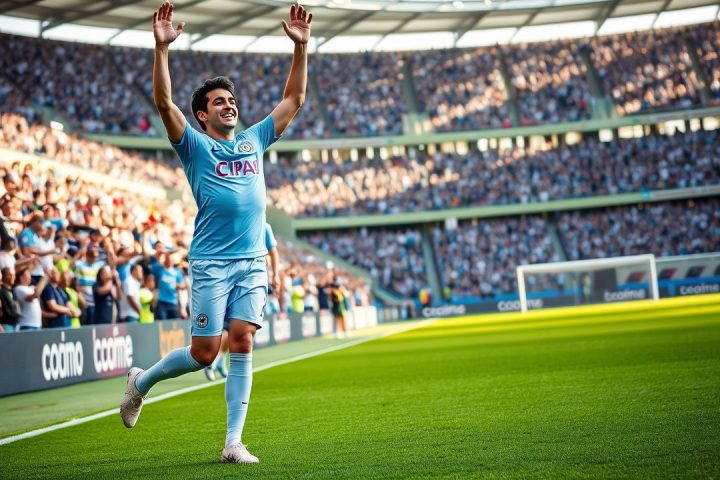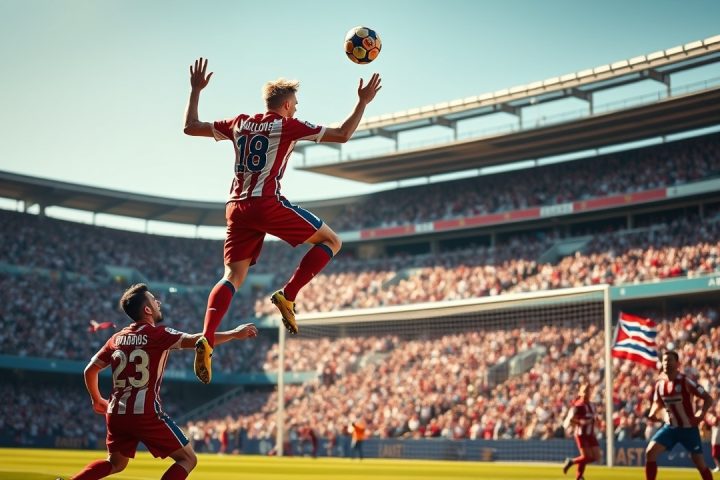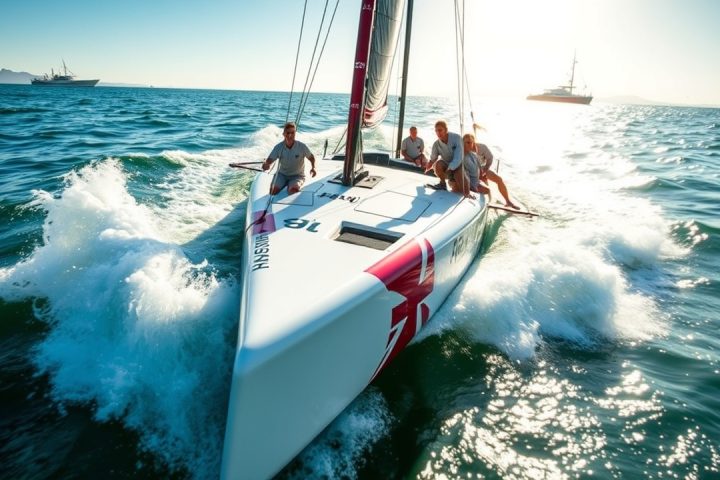Barcelona Signs Joan Garcia: A Strategic Move for the Future
Barcelona has made a significant move in their goalkeeping future by acquiring Joan Garcia from local rivals Espanyol, activating his release clause of €25 million (£21.4 million, $28.8 million) last week. This acquisition comes as part of the club’s broader strategy to address their goalkeeping lineup under coach Hansi Flick.
Implications of the Transfer
The signing of Garcia holds notable implications given the historical rivalry between Barcelona and Espanyol. Over the past three decades, it has been rare for players to transfer from Espanyol to their prestigious neighbors. The 24-year-old goalkeeper faced substantial pressure to make a decision that would affect not only his career but also his relationship with Espanyol, a club he joined at 15 and where he has built strong ties.
Financially, the transfer marks Espanyol’s second-largest player sale ever, following the €28 million deal for Borja Iglesias to Real Betis in 2019. This windfall will be crucial for Espanyol, which reportedly has around €67 million in debt as of late 2024 and has struggled recently to afford transfer fees, relying mainly on loan agreements.
Garcia’s Salary and Choices
Garcia’s salary is set to rise dramatically—expected to increase from approximately €400,000 per year at Espanyol to about €3 million at Barcelona. This lucrative contract, combined with Barcelona’s promise of substantial playing time, was a decisive factor for Garcia, who had other suitors including English Premier League teams like Bournemouth and Newcastle, who lacked a definitive pitch to convince him.
Financial Considerations and League Regulations
Barcelona’s ongoing financial issues are another aspect to consider. With a history of complications regarding player registrations, such as the case with Dani Olmo last season, questions linger about whether Garcia can be officially registered in light of La Liga’s salary cap regulations. Javier Tebas, the president of La Liga, noted recently that Barcelona must rectify certain financial conditions to finalize Garcia’s registration but assured that it was not an insurmountable task.
Garcia’s Statement and Team Integration
In a personal statement during his departure announcement, Garcia expressed profound respect for his former club and acknowledged the difficulty of this choice, emphasizing its significance to his life and career.
As he transitions to Barcelona, he is also reuniting with fellow players from Spain’s Olympic winning squad, strengthening his connections within the team. Looking ahead, Garcia will embark on the pre-season tour of Japan and South Korea with Barcelona, reinforcing the expectation that he will play a central role in the club’s future, particularly given the aging status of current number one Marc-Andre ter Stegen.
Conclusion
Barcelona’s strategic investment in Garcia aligns with their long-term objective of solidifying their goalkeeping roster, which includes the difficult discussion of ter Stegen’s future at the club. As they navigate through these transitions, more developments are anticipated regarding the team’s financial management and player integration.
In conclusion, Garcia’s transfer not only represents a tactical decision for Barcelona but also highlights the intricate dynamics of Catalonian football where loyalty, rivalry, and career aspirations intersect.




